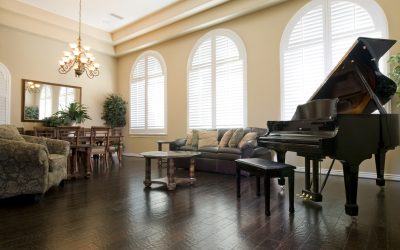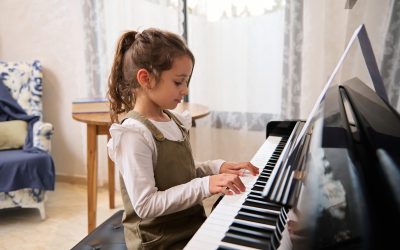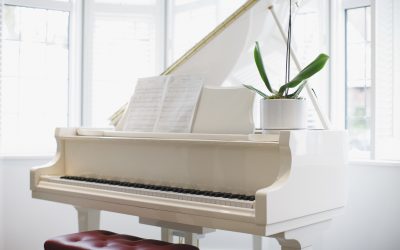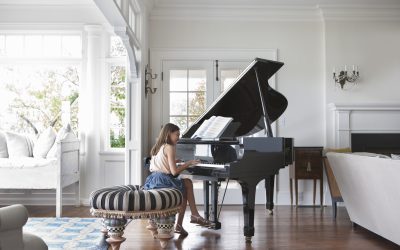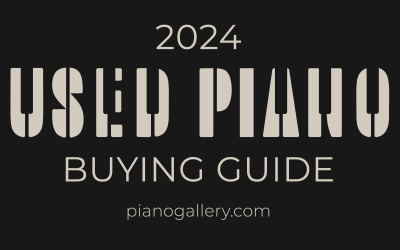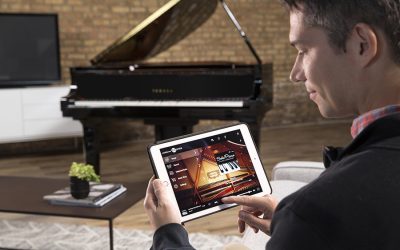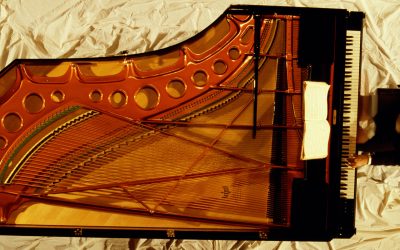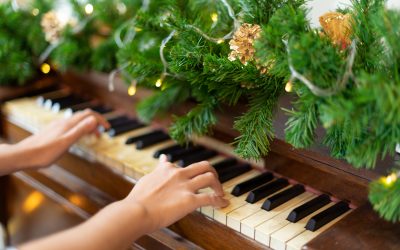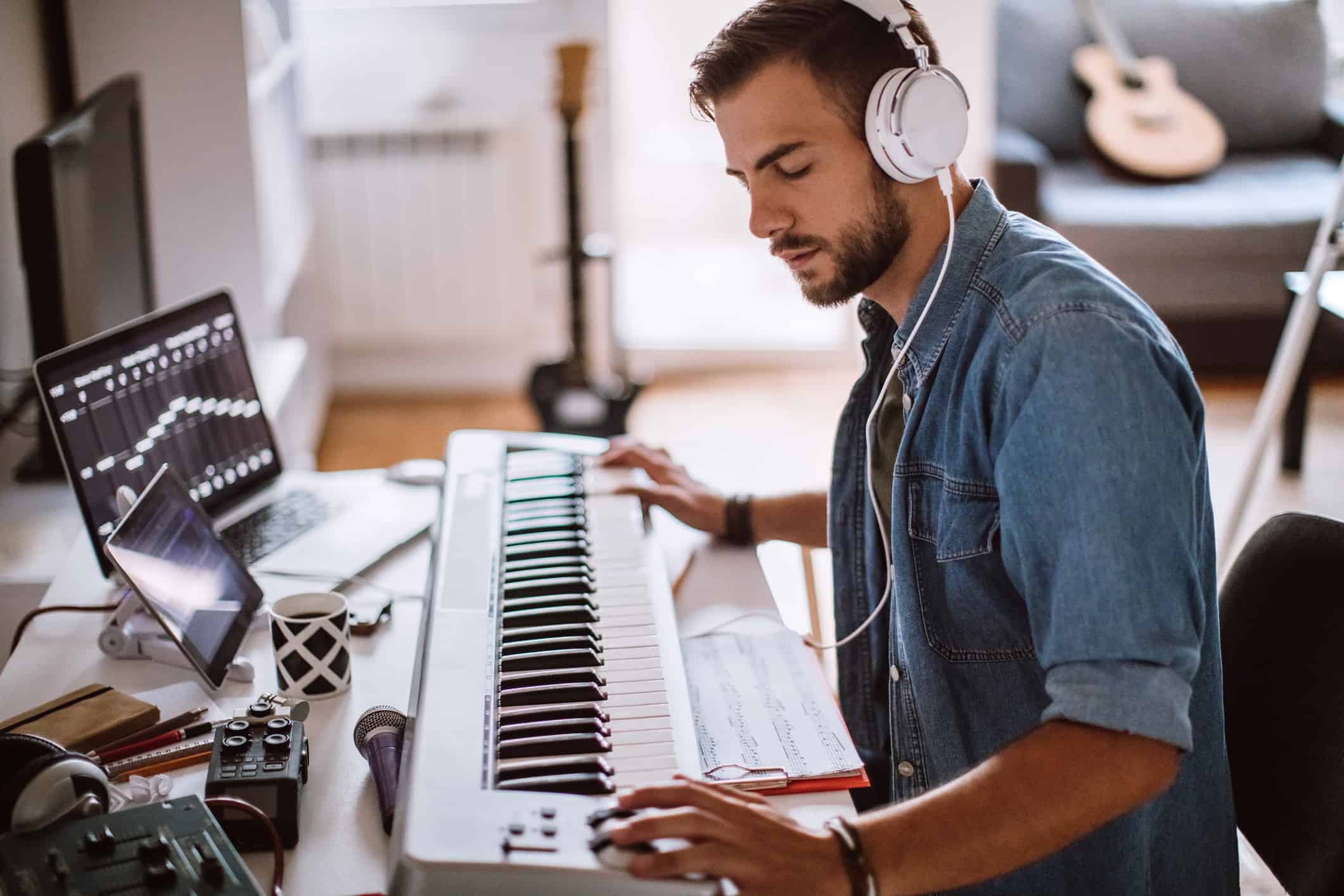
If you’re new to the world of music or considering an upgrade from your current instrument, you might be wondering about the differences between a keyboard and a digital piano. While both instruments share similarities, they also have distinct characteristics that cater to different musical needs and preferences. In this blog post, we’ll explore these differences to help you make an informed decision.
Is a Digital Piano Different from a Keyboard?
A digital piano and a keyboard are distinct musical instruments, each tailored to different musical needs. A digital piano is designed to closely mimic the sound and feel of an acoustic piano. It typically features high-quality piano samples and weighted or graded hammer-action keys, providing an authentic piano-playing experience. Digital pianos prioritize delivering a realistic piano sound and touch, making them ideal for pianists who want to learn, practice, perform, or compose music on the piano.
Conversely, a keyboard is a versatile instrument known for its wide range of sounds and features. While some keyboards can emulate piano sounds, they often prioritize flexibility, offering various instrument sounds, rhythms, and effects. Keyboards are suitable for musicians exploring different musical genres and styles and are favored by beginners, hobbyists, and professionals alike due to their portability and adaptability to various musical contexts.
Differences Between a Digital Piano and a Keyboard
Digital pianos and keyboards differ in their manufacturing and uses. Digital pianos are meant to emulate and enhance the experience of using a high-quality acoustic piano, while a keyboard is used for portability and, often, a greater diversity in sound and effects.
1. Sound Quality and Authenticity
One of the most significant differences between a keyboard and a digital piano is the sound quality and authenticity. Digital pianos are designed to closely replicate the sound of an acoustic piano. They often use advanced sampling technology to capture the nuances of a grand piano, including the variations in tone and dynamics. This results in a more authentic and expressive piano sound.
This is most pronounced in high-quality digital pianos such as the Yamaha Clavinova CVP-805, which features nuanced sound sampling from two of the top concert grand pianos worldwide, the Yamaha CFX and Bösendorfer Imperial. Digital pianos will also offer additional instrument sounds, and in higher quality digital pianos, these sounds will have phenomenally detailed nuances such as breath sounds in wind instruments.
Keyboards, on the other hand, prioritize versatility and portability over sound authenticity. While they can produce piano sounds, they put just as equal a focus on additional instrument sounds, including synthesizers, strings, and more. The piano sound on a keyboard may not be as rich or realistic as that of a digital piano.
2. Key Action
Key action refers to how the keys on the instrument respond to touch and how closely they mimic the feel of an acoustic piano. Modern digital pianos are designed with weighted or semi-weighted keys to replicate the resistance and feel of traditional piano keys. Technologies such as the Yamaha GrandTouch™ Keyboard with 88-key linear graded hammers have such a realistic touch and feel that pianists can play with the same nuanced expression as with a high-quality grand piano.
Keyboards usually have non-weighted or semi-weighted keys that are easier to play quickly but lack the authentic piano touch. For pianists looking for a piano-like feel, a digital piano is the better choice.
3. Number of Keys
Another significant difference between digital pianos and keyboards is the number of keys. Digital pianos typically have a full 88-key keyboard, matching the standard size of an acoustic piano. This is essential for those who want to practice classical piano pieces or develop their piano skills.
Keyboards come in various sizes, but many have fewer than 88 keys, making them more compact and portable. This is ideal for musicians who need a versatile instrument for live performances, studio work, or music production.
4. Portability
Portability is a key consideration when choosing between a keyboard and a digital piano. Keyboards are generally lighter and more compact, making them easy to transport and suitable for musicians on the go. They are a popular choice for gigging musicians and those with limited space at home.
Digital pianos, while still movable, are heavier and bulkier due to their authentic piano-like design. They are better suited for stationary use in a home, apartment, or studio environment.
5. Price
Price is often a deciding factor for many musicians. Keyboards tend to be more affordable than digital pianos, making them a budget-friendly option for beginners or those with limited funds. Digital pianos, with their higher-quality sound and key action, are usually more expensive but offer a more authentic piano-playing experience.
Final Thoughts
Choosing between a keyboard and a digital piano ultimately depends on your musical goals, preferences, and budget. For pianists looking for an instrument that closely replicates the look, feel, and sound of an acoustic piano, a digital piano provides a much better replication of these qualities than a keyboard does. On the other hand, for versatility, portability, and affordability, a keyboard might be a better fit.
You may also be interested in...
15 Best Baby Grand Pianos for 2025: A Guide for Buyers
15 Best Baby Grand Pianos for 2025: A Guide for Buyers Baby grand pianos continue to captivate pianists with their elegant appearance, compact size, and exceptional sound. Whether you’re a first-time buyer, an intermediate player, or a professional looking to upgrade,...
Baby Grand Piano Buying Guide
Baby Grand Piano Buying Guide Baby grand pianos are a smaller version of a traditional grand piano. They are typically 5’ to 5' 6” in length (from the tail to the keyboard). High-quality baby grand pianos, such as the popular Yamaha C1X hold their value extremely...
Igniting a Love for Piano: A Teacher’s Journey to Reach Her Reluctant Student
As a piano teacher, I’ve had the pleasure of guiding many young students on their musical journey. But sometimes, as with any learning path, not every student is initially thrilled with the idea of practicing an instrument. I recently had the privilege of working with...
2024 Guide: Best Grand Pianos For Your Family
© Piano Gallery 2024“When I had nothing else, I had my mother and the piano. And you know what? They were all I needed.” Alicia Keys Buying a grand piano for your family is no casual matter. People develop deep connections with musical instruments that often start at...
What is the Difference Between a Baby Grand Piano and Grand Piano?
Grand pianos and baby grand pianos are the epitome of a classic icon in music. With their elegant curves, propped lids, and exposed strings and soundboard, their beauty is often one of the first things people think of when considering a grand or baby grand piano. In...
2024 Best Beginner Pianos: A Complete Guide to Buying a Beginner Piano
© Piano Gallery of Utah 2024 If you’re looking to add a piano to your home for yourself or family members to learn to play on, then get ready for an exciting journey. Playing the piano is a lifelong passion for most players and brings music and joy to the home, as...
How Much Does a Baby Grand Piano Cost?
A baby grand piano is often chosen by musicians and enthusiasts not only for its elegant aesthetic, which enhances any room, but also for its rich, resonant sound quality that is superior to that of smaller pianos. Despite being more compact than a concert grand, a...
How Much Does a Piano Cost?
The cost of a piano varies widely based on its type, brand, condition (new or used), and the intricacies of craftsmanship involved in its manufacturing. In this article, our piano experts share price ranges for the main types of pianos, explain what impacts the...
Tips for Buying a Used Piano
2024 Used Piano Buying Guide Pianos are well-regarded as holding their value well, making used pianos a popular purchase, especially for new piano buyers or those looking to upgrade their pianos without a significant financial investment. Many pianos can hold their...
Complete Yamaha Disklavier Guide for 2024
In music, innovation often means striking a balance between preserving traditional craftsmanship and embracing modern technology. Yamaha, world renowned for its instruments, has mastered this balance with its Disklavier pianos, which combine a rich, resonant, classic...
Buying a Piano for Christmas? 12 Ideas for Surprising your Family with the Piano
A piano is one of the most memorable Christmas gifts your family can receive. Unlike some gifts, it's not played with for a few weeks then forgotten, it doesn't disappear into a closet until spring cleaning, it isn't quickly replaced by a new obsession or hobby, and...
10 Resolutions for Piano Players in 2024
For many of us, New Year's resolutions are heavy with responsibility, usually including health and exercise, work and finances, and even family relationships. One thing often overlooked in the resolution process is fun hobbies or passions such as playing the piano....
How a Grand Piano Works
If you're a piano player, can feel the magic of a grand piano as you play, your fingers moving across the keyboard with nuanced strokes that bring beautiful music that resounds through the instrument. Behind its elegant exterior lies a complex mechanism that...
A Guide to Buying a Piano as a Family Christmas Gift
The holiday season is a time of joy, togetherness, and creating lasting memories with our loved ones. If you're searching for a gift that will bring joy into your home, consider the timeless and elegant gift of a piano. How to Buy a Piano as a Gift Even though the...
Largest Collection of Quotes About Playing the Piano
When you're a pianist, playing the piano isn't just a hobby, it's a lifestyle. Even causal players feel a deep, meaningful connection to the instrument. In this article, we share some of our favorite quotes about playing the piano, because #IYKYK Favorite Piano Quotes...
